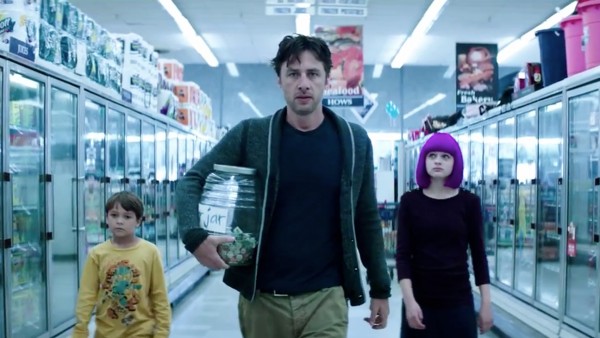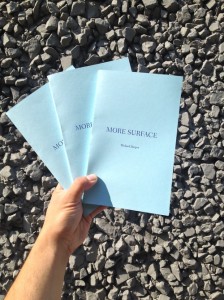 More Surface
More Surface
by Michael Harper
Snoot Books
$10 / Buy from Snoot Books
Leaving poetry readings with my women writer friends, it is not unusual to hear gripes from certain Betty Friedans among us about the Old Boys’ Club of Portland Poets, the Old Boys’ Club of Literature, of the Galaxy, etc. When I hear these statements, I usually reside in a state of polite ambivalence—what would we like these men writers to do, begin their reading with a formal acknowledgement of their privileged white penis status? Well, this is exactly what Michael Harper did at the debut reading of his chapbook, More Surface, one summer rooftop night. Harper’s reading began with the chapbook’s first poem: “Growing Up With A Middle-Class White Penis.” This poem places the reader at a ground zero from which things, phenomena, feelings, etc. are both reported and questioned with an essential ruthlessness. For example, we move from lines like “the penis bones’ connected to the no-crying bone” to “But molting complacency is a naturally learned yearning.” One of my favorite lines from another Portland poet, Emily Kendal Frey, is: “Am I smart enough to be androgynous?” Well, Michael Harper’s poetry is that smart. More Surface exhibits a vast range of perception, voice, form and bravery.
Poems from the chapbook’s first section, “Utopiates,” wander through the device-laden, cyborgian streets of today’s consciousness—hashtags, buzzfeeds, instagram, a wasteland of apps. From “The Conjugation of Friendship:”
There will be an app
to make the ceiling of your bedroom look like stars
because looking at actual stars will make us feel
small & alone
Do you think anyone is staring up
at this same sky app as us?
I don’t know dear it’s not done loading
These lines expose the human needs and fears underpinning our reliance on, our addictions to, our devices. An actual starry sky that once incited wonder and awe, replaced by a technological rendition, a utopiate, that creates an illusion of control and significance. Along with dark humor, this piece possesses a simple sadness, an unabashed isolation: “I feel my hands/ are telephones.” This desire for connection expressed in casual language echoes poets like Frank O’Hara, his Lunch Poems. Works like “The Demollification of Waking” also transcend the “cavern of the cell phone” for the heights of the heart, but here the sentiment is bald and dark, of “migratory flocks of fear.” Fear of getting up in the morning, of staying in bed, fear of repeating past mistakes because what has even been learned:
I fear tomorrow I will wake up
eight years ago and have to do it
all again knowing just as much
as I don’t know now.
My fear builds an altar in the hearts of others
where I learn that the opposite of fear is losing yourself.
READ MORE >

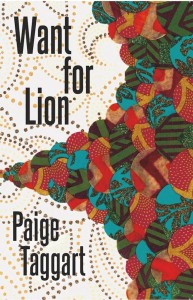 Want For Lion
Want For Lion

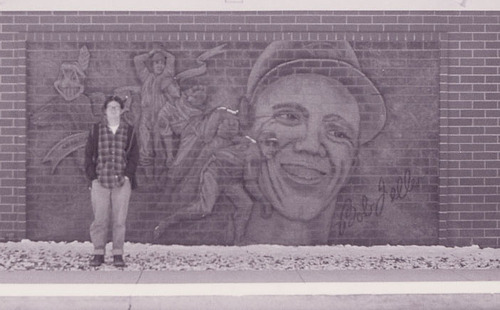
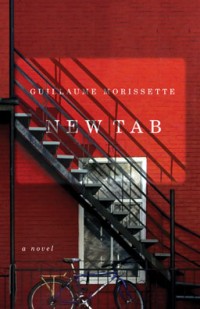
 More Surface
More Surface
